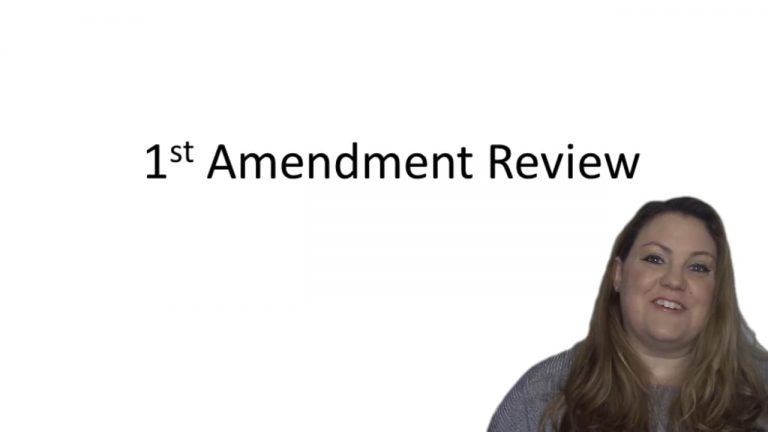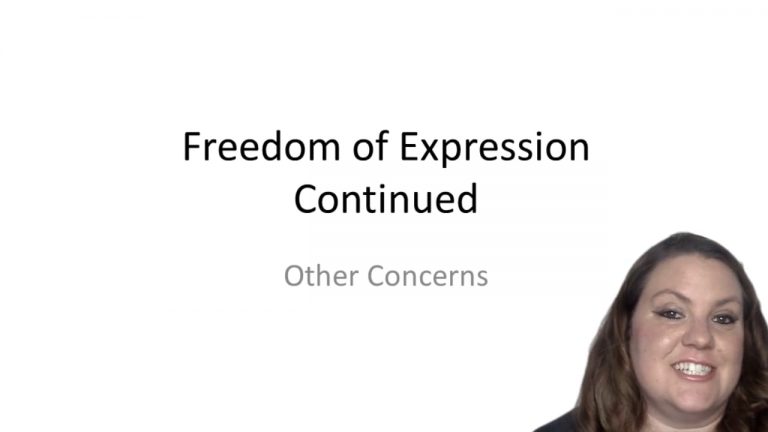SmartBrief
Confirm favorite deletion?
Constitutional Law Keyed to Chemerinsky
Williams-Yulee v. Florida Bar
Citation:
135 S. Ct. 1656 (2015)Facts
Florida’s Canon 7C(1), based on a provision in the American Bar Association’s Model Code of Judicial Conduct, governs fundraising in judicial elections. The law prohibits judicial candidates from soliciting campaign funds personally. Lanell Williams-Yulee has practiced law in Florida and decided to run for a seat on the county court. She drafted a letter announcing her candidacy, which stated that an early contribution made payable to ‘Lanelll Williams-Yulee Campaign for County Judge’ will help raise the initial funds… and that she asks for support in meeting the primacy election fund raiser goals. Yulee signed and mailed the letter to local voters. The Florida Bar filed a complaint against her for violating the Florida’s statute, including the ban on personal solicitation of campaign funds. Both parties agree that Canon 7C(1) restricts Yulee’s speech on the basis of its content but they disagree about the level of scrutiny that should govern our law.
Only StudyBuddy Pro offers the complete Case Brief Anatomy*
Access the most important case brief elements for optimal case understanding.
*Case Brief Anatomy includes: Brief Prologue, Complete Case Brief, Brief Epilogue
- The Brief Prologue provides necessary case brief introductory information and includes:
Topic:
Identifies the topic of law and where this case fits within your course outline.Parties:
Identifies the cast of characters involved in the case.Procedural Posture & History:
Shares the case history with how lower courts have ruled on the matter.Case Key Terms, Acts, Doctrines, etc.:
A case specific Legal Term Dictionary.Case Doctrines, Acts, Statutes, Amendments and Treatises:
Identifies and Defines Legal Authority used in this case.
- The Case Brief is the complete case summarized and authored in the traditional Law School I.R.A.C. format. The Pro case brief includes:
Brief Facts:
A Synopsis of the Facts of the case.Rule of Law:
Identifies the Legal Principle the Court used in deciding the case.Facts:
What are the factual circumstances that gave rise to the civil or criminal case? What is the relationship of the Parties that are involved in the case.Issue(s):
Lists the Questions of Law that are raised by the Facts of the case.Holding:
Shares the Court's answer to the legal questions raised in the issue.Concurring / Dissenting Opinions:
Includes valuable concurring or dissenting opinions and their key points.Reasoning and Analysis:
Identifies the chain of argument(s) which led the judges to rule as they did.
- The Brief Prologue closes the case brief with important forward-looking discussion and includes:
Policy:
Identifies the Policy if any that has been established by the case.Court Direction:
Shares where the Court went from here for this case.

 8m 2s
8m 2s 7m 56s
7m 56s